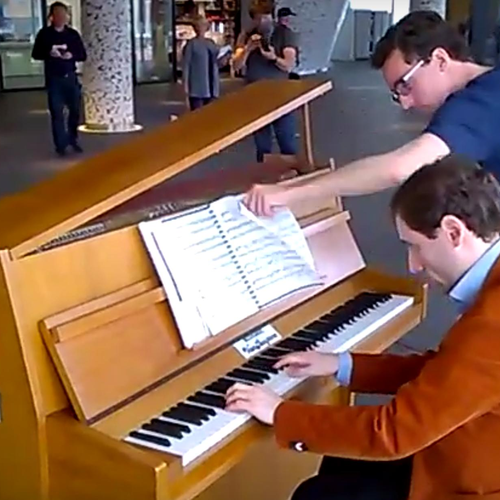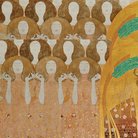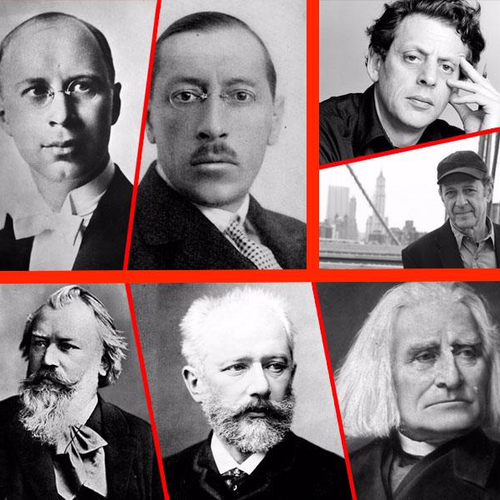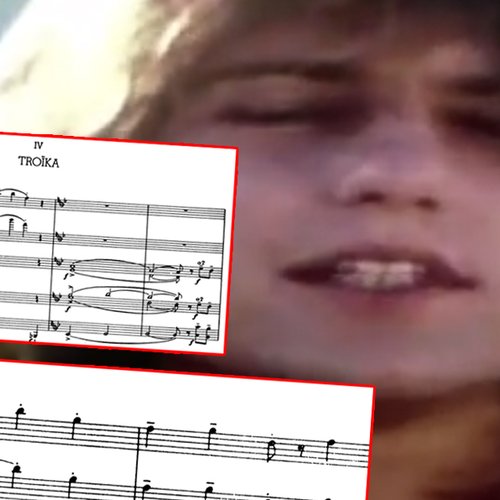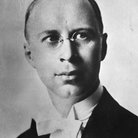Prokofiev: 15 facts about the great composer
The Russian composer Sergei Prokofiev was one of the giants of 20th century music. His works ranged from ballets - including Cinderella and Romeo and Juliet - to film music, such as Lieutenant Kije and Alexander Nevsky.
-
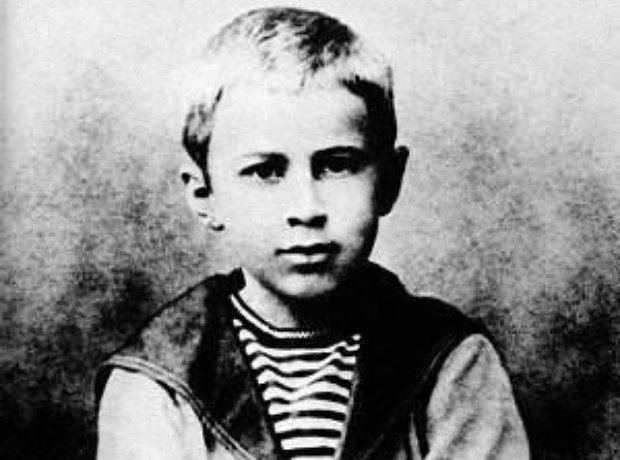
1. Prokofiev - the child prodigy
Born on 23 April 1891, Prokofiev's musical ambitions were fuelled by hearing his mother playing Chopin and Beethoven on the piano in the evenings. Young Sergei composed his first piano piece at five and his first opera aged nine.
-
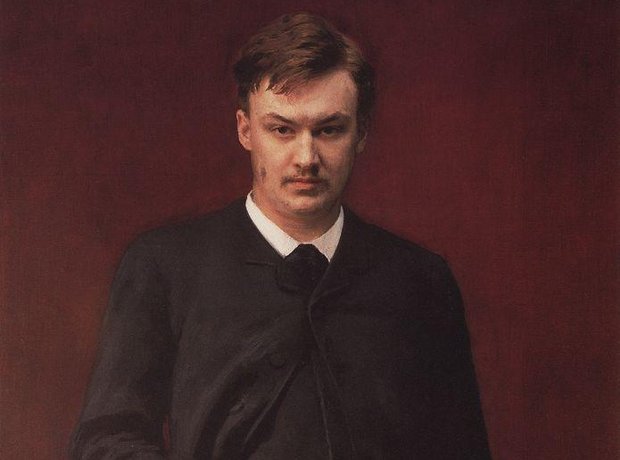
2. Encounter with Glazunov
In 1904, the 13-year old Prokofiev and his mother were introduced to the composer Glazunov, professor at the Saint Petersburg Conservatory. He was so impressed that he urged Sergei to apply to study there.
-
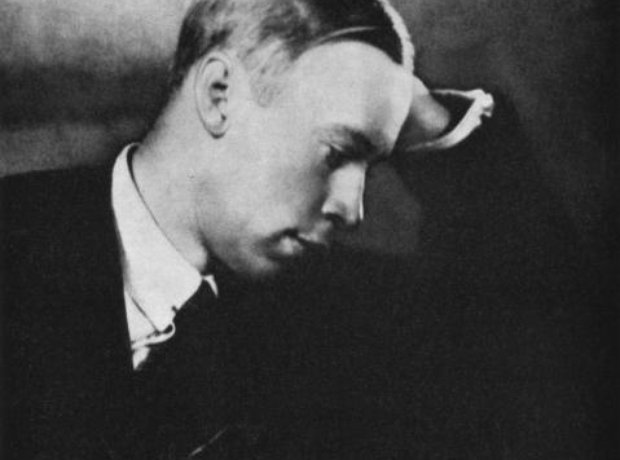
3. Eccentric and arrogant
Several years younger than most of his classmates at the Conservatory, Prokofiev was viewed as eccentric and arrogant, often expressing his dissatisfaction with the education, which he found boring.
-
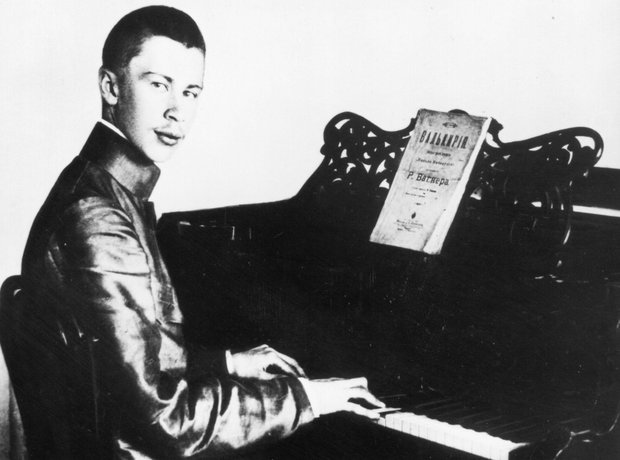
4. Scandalous piano music
Prokofiev initially made his name as a composer-pianist, achieving notoriety with a series of difficult works for his instrument, including his first two piano concertos. The second caused a scandal at its 1913 premiere. The audience reportedly left the hall with exclamations of "The cats on the roof make better music!"
-
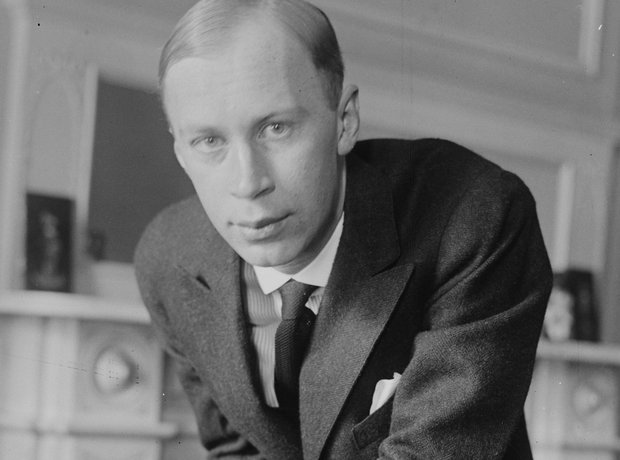
5. Classical roots
In the summer of 1917, Prokofiev composed his first symphony, the Classical, which was written, he said, in the style that Haydn would have used if he had been alive.
-
-
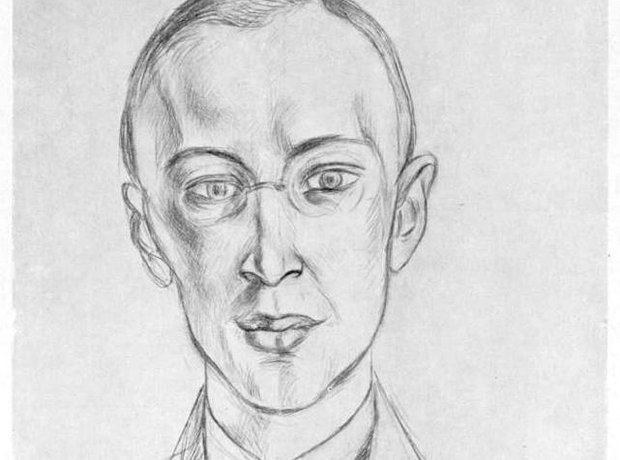
6. Prokofiev by Matisse
Prokofiev's first major orchestral success was the Scythian Suite, compiled from music he composed for the Ballets Russes. Diaghilev commissioned three more ballets from Prokofiev which were all successful. This drawing of Prokofiev was by Henri Matisse and published in the programme for the season of the Ballets Russes in Paris in May 1921.
-
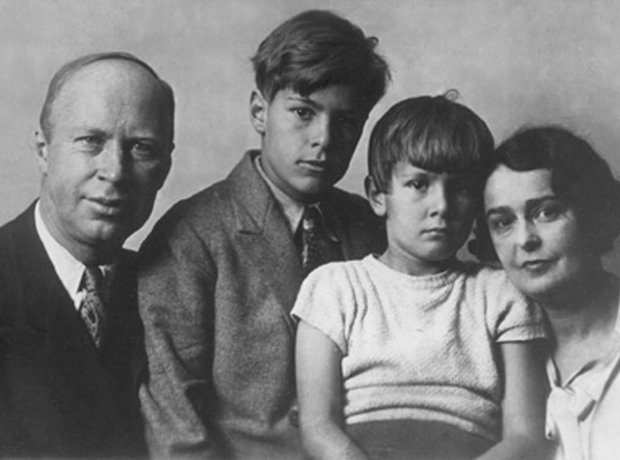
7. Family man
After the Russian Revolution, Prokofiev left his homeland with the Soviet Union's official blessing. He lived in the USA, then Germany and Paris, during which time he married Spanish singer, Carolina Codina, with whom he had two sons.
-
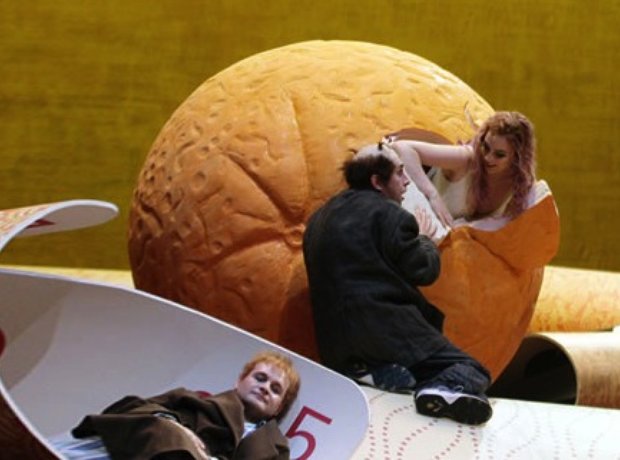
8. Love for opera
Prokofiev's first love was opera. He composed several, including The Gambler and The Fiery Angel. But his most successful was the satirical 'The Love for Three Oranges'.
-
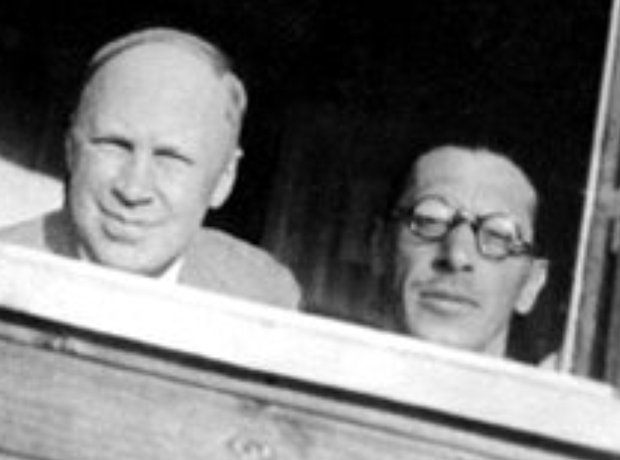
9. Prokofiev and Stravinsky
Prokofiev and his compatriot Stravinsky were friends, although Prokofiev did not enjoy Stravinsky's later works. Stravinsky modestly described Prokofiev as the greatest Russian composer of his day, after himself.
-
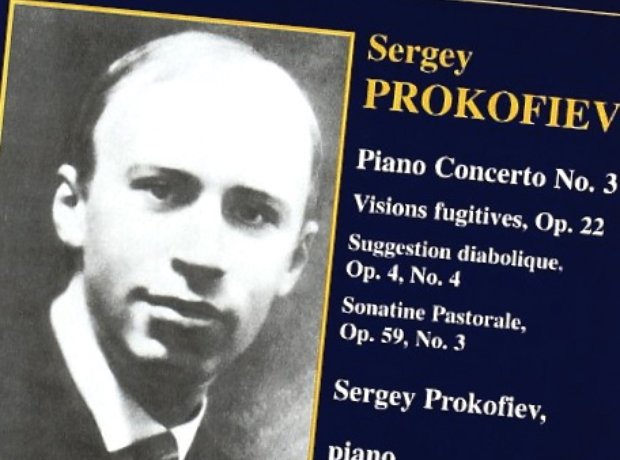
10. First recording at Abbey Road studios
At the end of June 1932, Prokofiev made a record for the first time in his life at London's famous Abbey Road studios. He recorded his third Piano Concerto with the London Symphony Orchestra. On 28 June, HRH Prince George (later the Duke of Kent) visited the studios and 'left immediately, perhaps astonished by the slightly aggressive style of the music.'
-
-
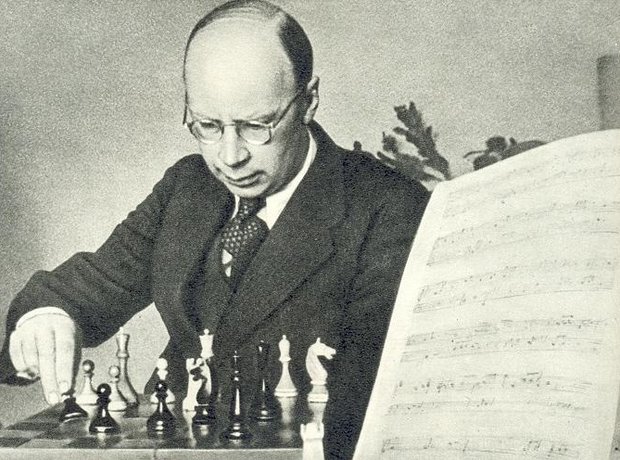
11. Chess master
Prokofiev was a passionate chess player who became friends with world chess champions José Raúl Capablanca, whom he beat in 1914, and Mikhail Botvinnik.
-
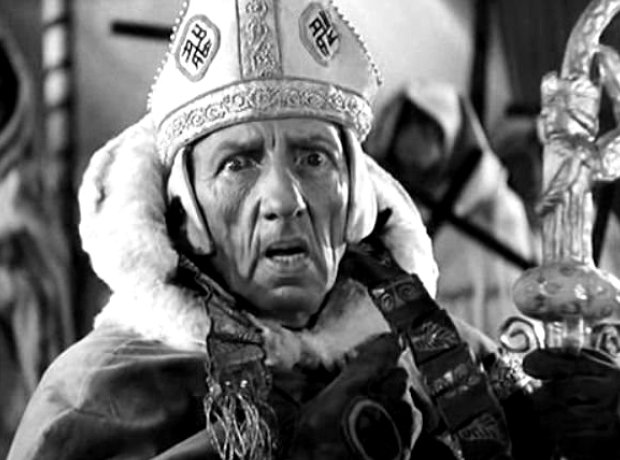
12. Composer of film music
In 1938, Prokofiev collaborated with film director Eisenstein on Alexander Nevsky. Prokofiev composed some of his most brilliant and dramatic music. He later adapted much of his score into a large-scale cantata for mezzo-soprano, orchestra and chorus, which was extensively performed and recorded.
-
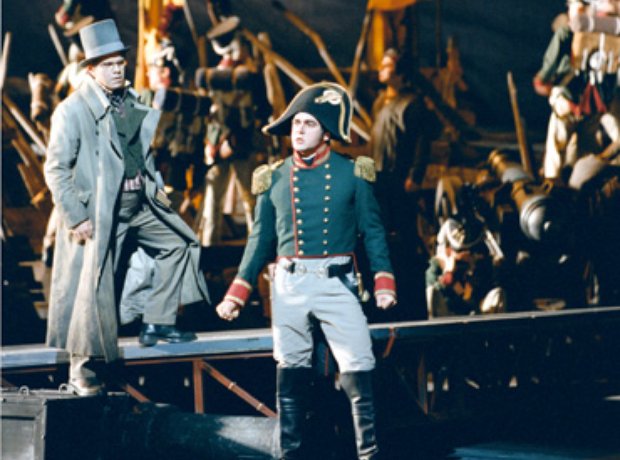
13. War and Peace - the opera
Prokofiev was already considering making an opera from Tolstoy's War and Peace when Germany invaded Russia on 22 June 1941. The conflict spurred him on and he took two years to compose his original version. Because of the war he was evacuated to the Caucasus where he also composed his Second String Quartet.
-
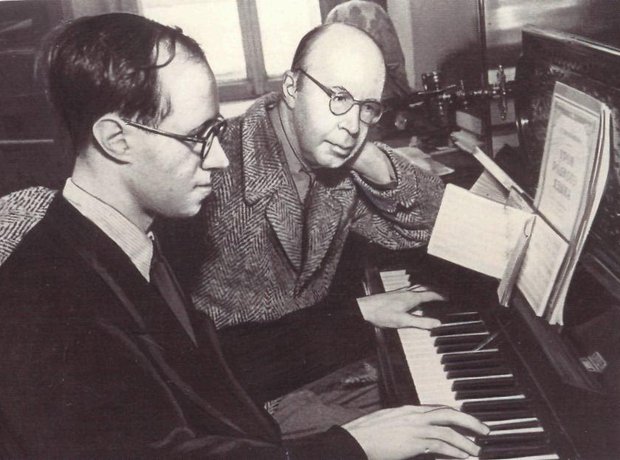
14. With Rostropovich
Towards the end of his life, Prokofiev enjoyed personal and artistic support from a new generation of Russian performers, notably the pianist Richter and cellist Rostropovich for whom he composed his Symphony-Concerto.
-
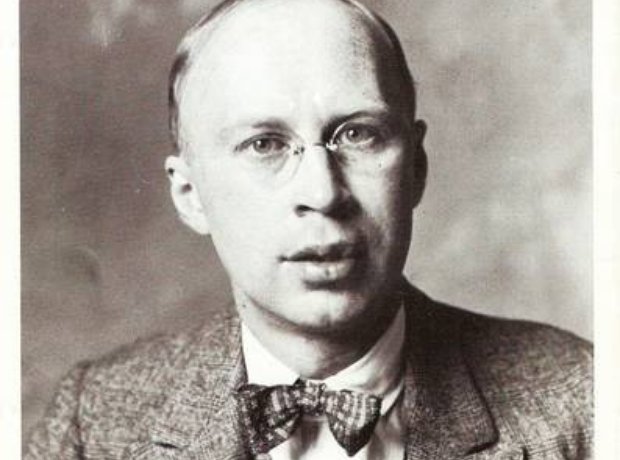
15. Overshadowed by Stalin
Prokofiev died at the age of 61 on 5 March 1953, the day Stalin's death was announced. For three days as the throngs gathered to mourn Stalin, it was impossible to carry Prokofiev's body out of his home for burial.


